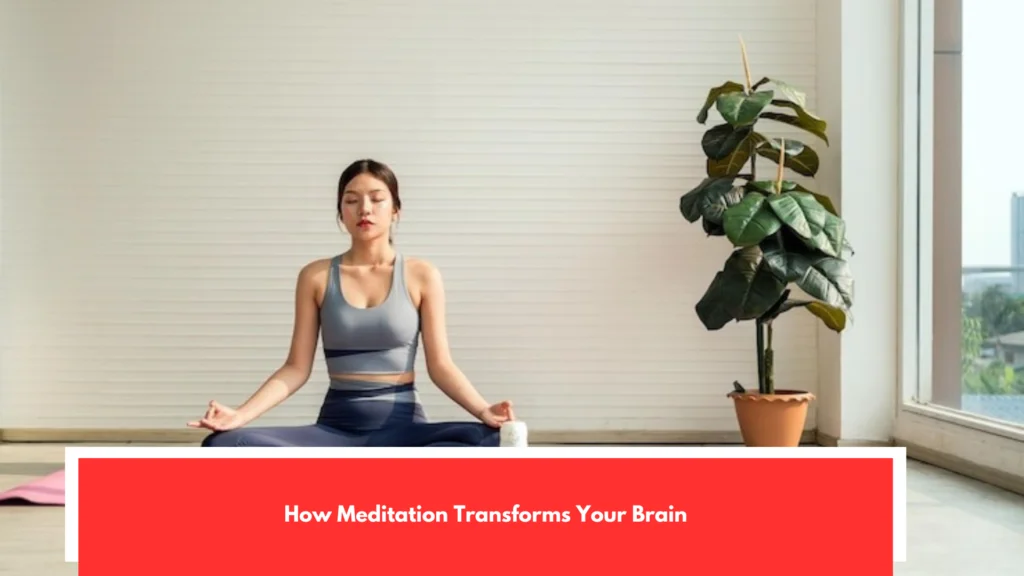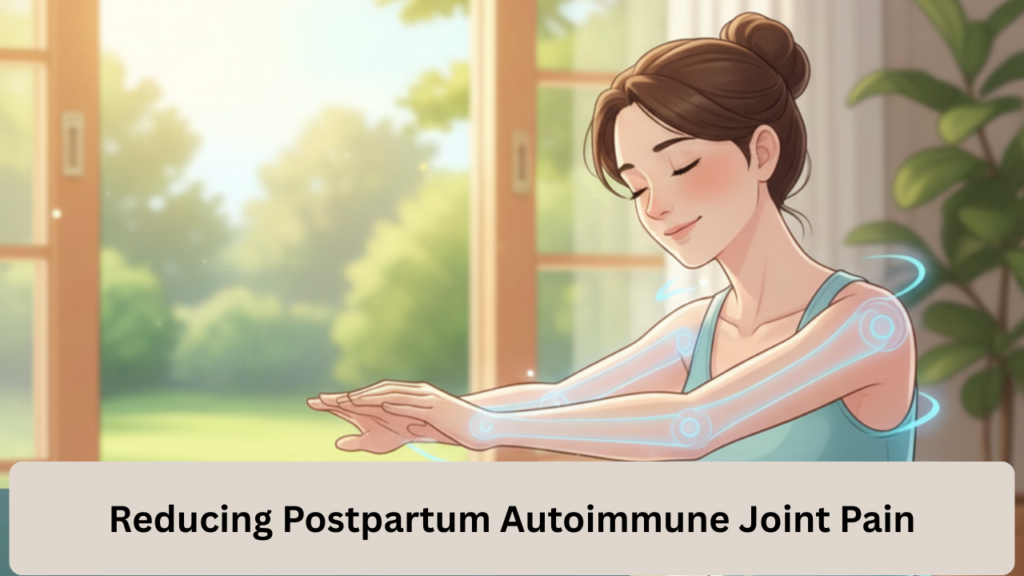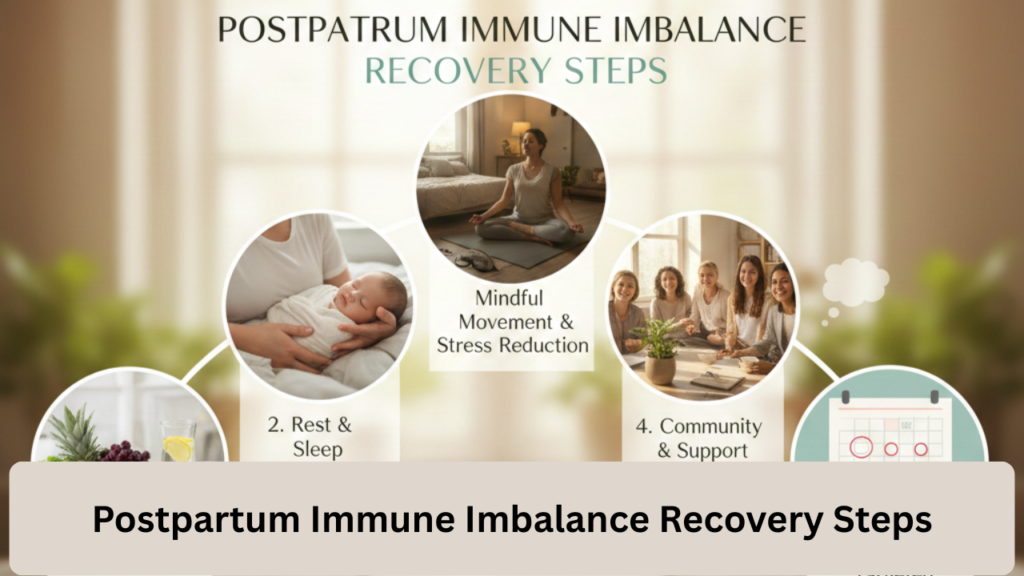For centuries, people have been looking for ways to boost their intelligence, alertness, and creativity through nootropics, also known as memory boosters or cognitive enhancers. In reality, if you’re drinking coffee right now, you’re drinking a type of nootropic caffeine is a stimulant and famous for its ability to wake you up. But the so called smart drugs or intelligent drugs even if they aren’t necessarily pharmaceuticals have gained more popularity nowadays there exists a huge market for over-the-counter supplements that claim (with hardly any scientific evidence) to improve how meditation transforms your brain.
Some people go even further and seek prescription stimulants, such as modafinil, in an attempt to improve performance at work or school. A 2017 study, based on the Global Drug Survey, an anonymous questionnaire, showed that 30% of Americans had taken some type of smart drug in the previous 12 months. It is amazing how much we still don’t understand about our brains, but what we do understand is that our brain is a highly sophisticated system, particularly when it comes to brain chemistry. And this balance is not the same for everyone everyone has their own finely tuned balance.
What is meditation?

That’s the view of Hanneke den Ouden, a cognitive neuroscientist at the Donders Institute for Brain, Cognition and Behavior at Radboud University in the Netherlands. Her lab investigates the extent to which the state of our brain chemistry shapes how we behave. Modafinil falls into the group of psychostimulants. Other examples include methylphenidate and amphetamine. And psychostimulants typically act on activity within the dopamine system of the brain.
Dopamine is a neurotransmitter, and excessive levels of it can stimulate signals in the areas of the brain linked to attention and focus, and assist in minimizing hyperactive and impulsive behaviors. It is wonderfully helpful to individuals with ADHD, for instance, but it can find its way, illicitly, into the hands of those with an undiagnosed medical condition. In some of the more recent studies, we’ve examined how psychostimulants influence decision-making within a young, healthy population.
Benefits of meditation

In particular, I studied methylphenidate, probably most commonly known by either brand name Ritalin or Adderall, he explains. And what we found is that they improve a range of tasks. What we think might be the case is that we experience tasks as requiring less cognitive effort, the neuroscientist explains. But, Den Ouden points out, using these brain-stimulating drugs without a prescription is harmful. Therefore, when conducting a drug study, as in the case of psychostimulants, we extensively evaluate our subjects beforehand,” she explains.
In reality, we make sure that a doctor prescribes only one pill per individual (sometimes we only give them a single dose),” she continues. And the fact is, “we know that, of course, psychostimulants increase the heart rate, and that this can pose a threat to those with underlying cardiac disorders like arrhythmia without realizing it. These substances, on the other hand, do not act the same way on everyone: they benefit some, while not others. The expert highlights that basically no research has been conducted on the long-term cognitive effects of use. of psychostimulants by normal persons.
Types of meditation

Despite this, increasing dopamine levels in the head may have long-term effects. We’re talking about the delicate balance of our brain chemistry, and when you alter it by adding too much dopamine, the system may rebelliously try to restore balance and at least decrease its sensitivity to the substance,” he explains. In this way, the person, seeking to maintain their “normal” dopamine levels, could become interested in becoming addicted. Another risk, albeit perhaps more conjectural, but one to be considered, is that being actually concentrated all the time is not necessarily the optimal state of affairs for every situation.
What we do know, in any event, is that hyperfocusing can actually suppress creativity and openness to new ideas or solutions. That’s why we don’t want a society of hyperfocused people. Rather than enhancing your cognitive abilities through pills, there’s growing evidence that it’s possible to enhance it through more natural avenues, including mindfulness and meditation. One of the traits of being human is that we have these heads that can wander and think about all sorts of weird things,” says Laurie Santos, a psychology professor at Yale University in the United States.
Conclusion

“Studies they’ve done in Several scientific studies have proven the effectiveness of meditation or mindfulness in reducing anxiety, hindering the onset of depression, and even increasing longevity. But many questions remain about which techniques are the most effective and whether they are capable of producing any real effect on the brain, altering neuronal synapses through a phenomenon called plasticity. For this reason, scientists from the Max Planck Institute for Cognitive and Brain Sciences in Leipzig, Germany, have presented a study in Science Advances that attempts to answer these questions.
After testing three meditation training programs, conducting tests to analyze brain capacities, measuring brain electrical activity, and even the amount of cortisol in the blood to calculate stress levels, they discovered that meditation can reorient the structure of some brain areas, improving social skills and also reducing anxiety levels. Depending on the three months of meditation training that was followed, both particular brain structures and behavior markers were altered among the participants, according to Sofie Valk, first author of the study, in a press release.



